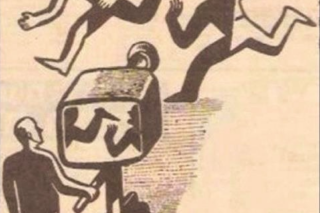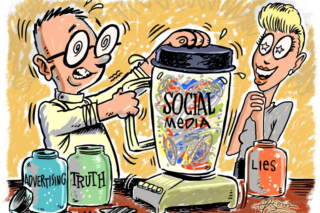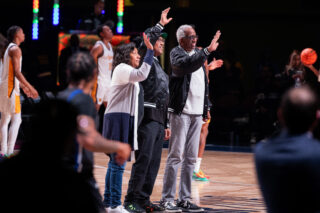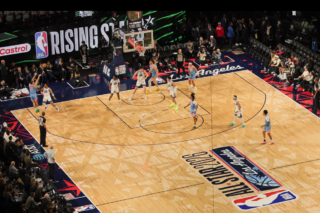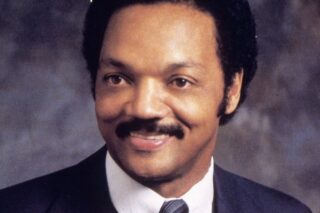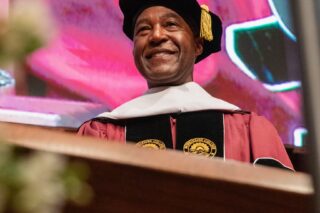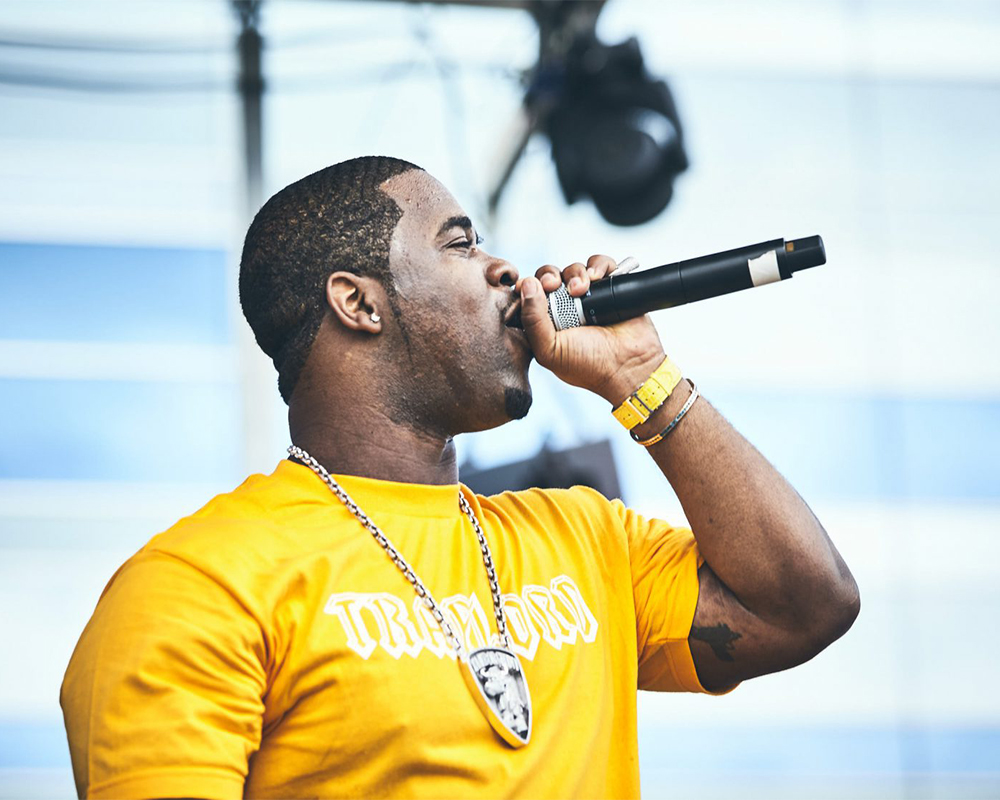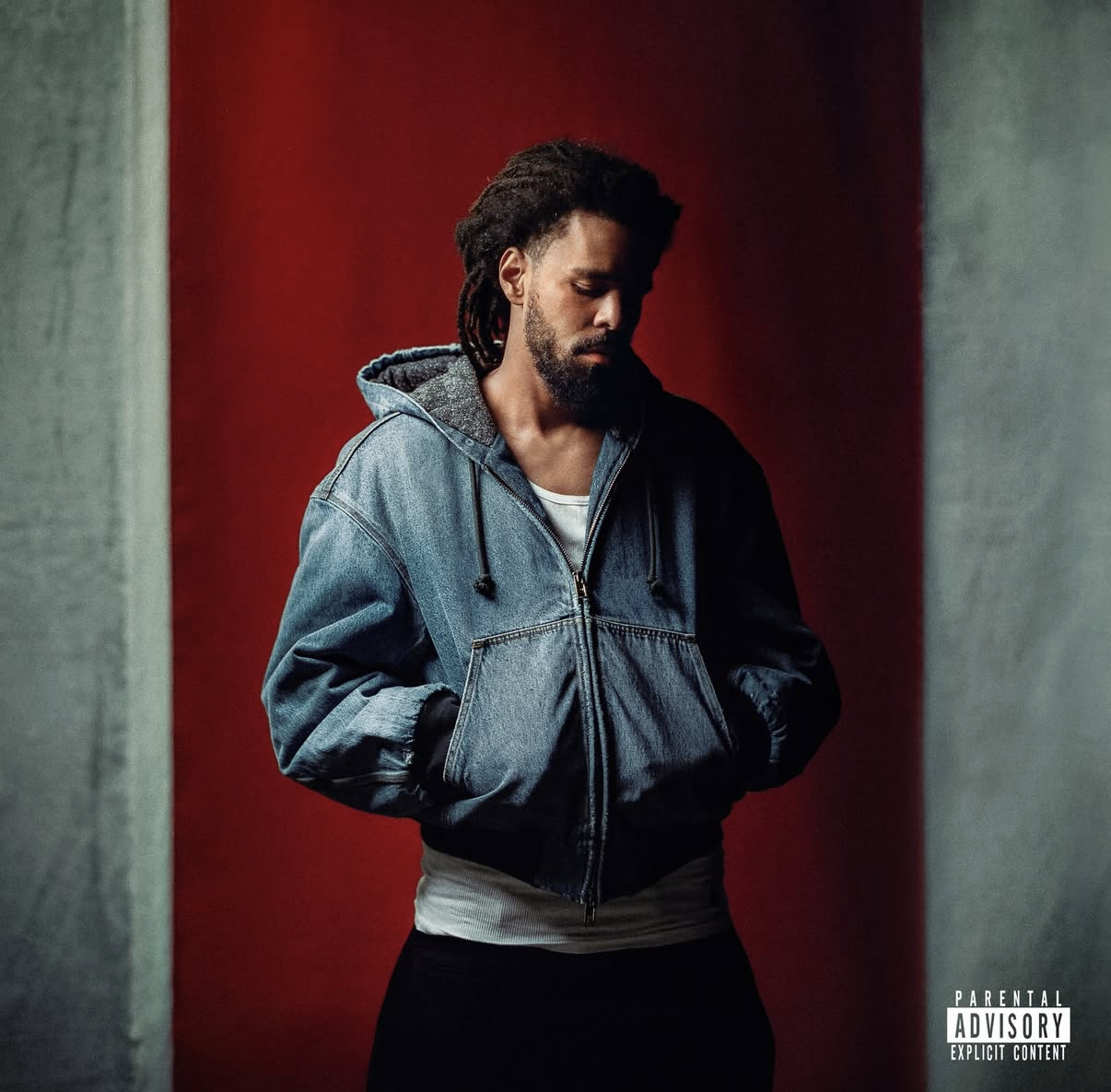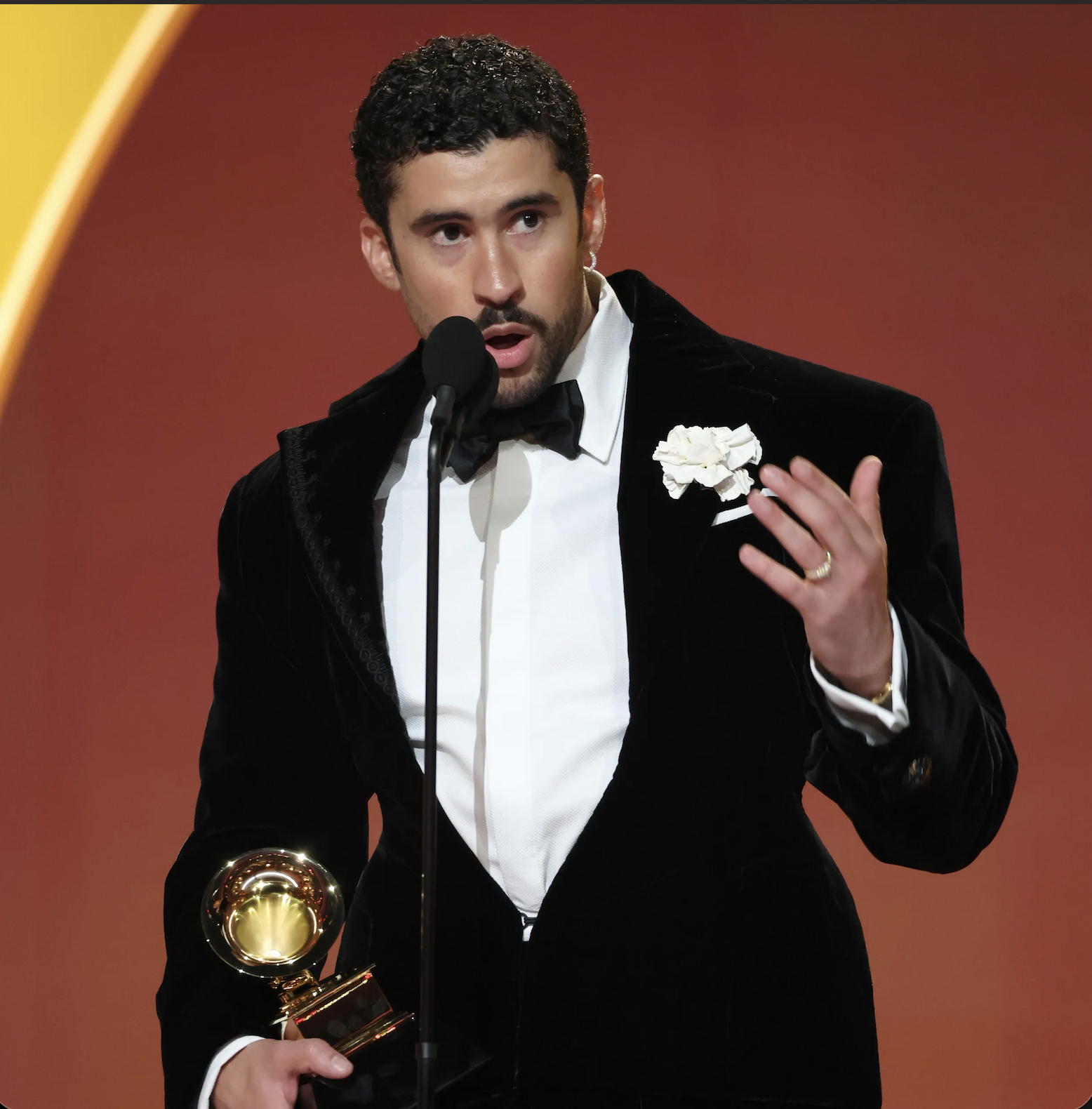Kennedy London, Staff Writer
The State of Hip-Hop is often a heated conversation within all circles of fans and appreciators of the culture. Most of the time, the two sides in the conversation is one side that wants to preserve the culture and the other is just here to be here. Whether the second side is the reason why “Hip-Hop is dying” is the real driving argument here.
Not only do the fans of Hip-Hop have their grievances about the state of the culture, but prominent rappers also have their views about it.
During a 2018 radio interview on Shade 45 with DJ Whoo Kid, A$AP MOB member and rapper A$AP Ferg stated, “When Nas said Hip-Hop is dead, he was onto something.” Ferg then added, “With a lot of the stupid stuff that’s coming out, the wack shit that’s coming out, we’re losing the art of lyricism and just being able to be witty with words.” Several other hip-hop acts such as De La Soul, Diddy, DJ Paul, and will.i.am have come out over the years to voice how disappointed they are regarding the state of rap.
This level of disgruntlement of the culture stems from the issue that rappers that most people would deem “talentless” or “milking the well” of rap are given more shine than the rappers who have maintained a level of consistency and integrity over a longer period of time. In an equal playing field, rappers such as the duo Run The Jewels, Evidence, Rapsody, Noname, Saba, Roc Marciano, Denzel Curry, Jean Grae, Quelle Chris, Freddie Gibbs, Tierra Whack, the label Griselda consisting of Westside Gunn, Conway The Machine, & Benny The Butcher, and Danny Brown would be a long bigger because of all of their extraordinary talent and quality work. However, all someone have to do is say “Gucci Gang” over 50 times in a song and they are shot to superstardom.
The state of Hip-Hop is not rested on the talent that is present because there are more good rappers than bad rappers. The state of hip-hop is rested upon the gatekeepers such as labels, mainstream institutions, and influencers and what they believe to be the hot commodity. The industry does not value artistry to push numbers, instead they value what can be done for them this instant. When they are done stripping the meat from a certain artist, they leave them on the side of the road like a carcass.
Think about big Fetty Wap was back in 2015 with three smash singles. Four years later when the spotlights have died down, where is he now? Desiigner had a number one record in the entire country in 2016, now missing posters need to be put out for him. Considering the heights that these rappers obtained in a short burst of time, the quick descent to the graveyard shouldn’t really be surprising.
The reason hip-hop might seem in a dark chamber of soullessness is because the dollar signs are in the next profitable wave or sound that can take causal music listeners and have them in their iron grip. Craftsmanship is not as important to make revenue and while there are plenty of artists who value the craft over everything, the puppet masters who have sovereignty over the culture follow the next hit, not the body of work.
Talent and passion should be rewarded in any field of art and creation. If one has put the time, energy, money, and meticulous crafting into their work, they should have all of the jewels that they deserve. However, the mentality is instead of putting this much patience into an artist, why not just grab this kid that’s making a lot of noise and we can get the profit, headlines, and mainstream attention we’ve always wanted?
This is what happens when the illusion of the mainstream dictates what is the music you should be listening to. If you are a real seasoned listener or just a person with an open mind, you can clearly look at the entire landscape of rap and say that there is plenty of good food on the plate for us to eat.
Naturally, we will always have artist that will push the artistry and culture forward because that is the goal. The list of Kendrick Lamar, Rapsody, Pusha T, Run the Jewels, and otherwise who have always maintained a message or expert mastery of hip-hop will never allow the culture to be assimilated into a pool of greed or dilution. Also, there are still a substantial group of people who will still look at the diversity of artists within rap and not fall into the easy traps that the mainstream often set.
Not all enjoyers of hip-hop think it is all bad and it is not really all terrible. This current era of hip-hop does have a variety of quality artists and a different set of experience that does make the future brighter that some may think.
Morehouse sophomore and DJ Dusan “DJ NoTag” Murray-Rawlings says, “What’s dope about the modern day is that Hip-Hop is being allowed to expand far beyond its roots and flourish due to its now worldwide popularity. There is a flavor of hip-hop for nearly every emotion, every life moment, every walk back at home, everything.” Morehouse freshman and rapper Amietee Fuondjing says, “Hip-Hop is an expression of your reality, so you can’t expect the new generation to follow the same format because they are going through their own unique trials and tribulations.”
The problem was never bad or fast food rappers in hip-hop because it will come with the territory. The problem became the gatekeepers swarmed the less quality rappers because they were easy to feed to the mainstream while leaving the more seasoned behind because profit waits for nobody. However, if you don’t follow how the mainstream presents hip-hop sometimes, the crisis is not as threatening as it seems.


